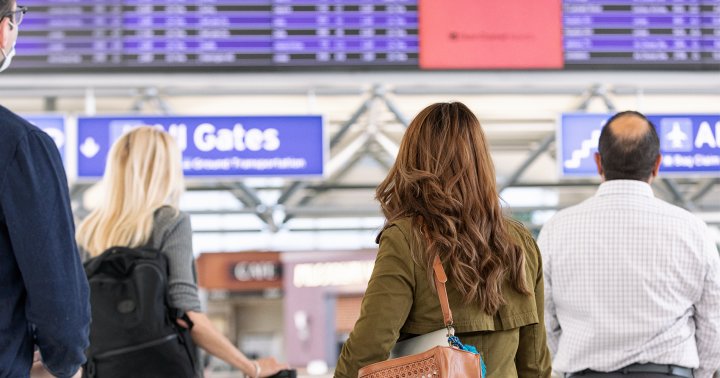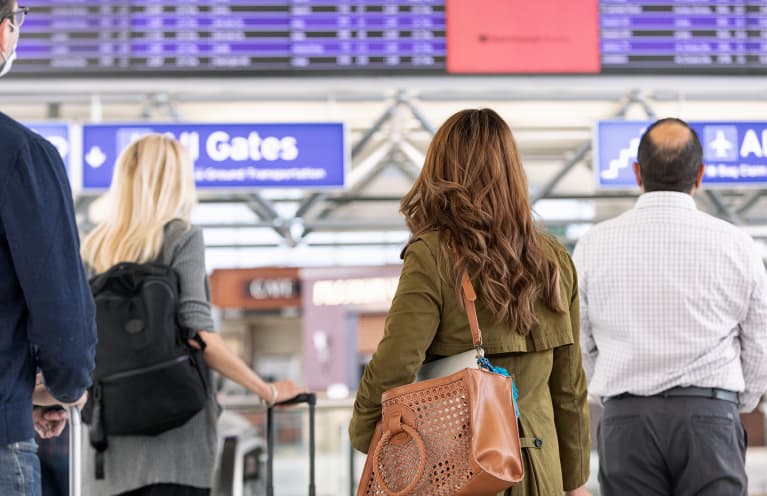Traveling May Not Be As Bad For Sleep As We Thought, According To New Research
Yet another reason to book that trip.


Traveling allows us to explore new places, meet new people, experience new cultures, and so much more. Of all the ways traveling can affect us, its effect on sleep is likely something you've never considered—but according to new research published in the journal Nature Human Behavior, it's worth taking a closer look. Here's what they found.
Studying the impact of traveling on sleep.
When it comes to how travel affects sleep, negative factors like changes in time zones and struggling to adjust to an unfamiliar bed probably come to mind. But in this study, researchers out of the U.S. and Denmark wanted to look at how going on mostly short, non-time-zone-crossing trips affects sleep duration, or time spent asleep in bed, as well as bedtime and wake-up time.
To study this, they took advantage of the latest sleep technology available today, namely electronic sleep tracking devices. Gathering data from 20,000 traveling participants (from 121 countries) who wore sleep trackers, the team was able to look at the sleeping patterns of those participants while they were exploring new places.
Surprisingly enough, it seems that traveling actually helped people balance out the amount of sleep they were getting in this research.
Study participants who were getting less than 7.5 hours of sleep per night at home (labeled "under sleepers") were found to sleep more while traveling. On the other hand, people who slept more than 7.5 hours per night (labeled "over sleepers") were found to get less sleep while on vacation. Previous research has linked long sleep with impacts on metabolic and cardiovascular health, so this was a swing in the right direction.
Both underslept and overslept participants tended to lose sleep when switching time zones, however, so they missed out on these balancing benefits of sleep.
There's no doubt traveling affects our sleep in a myriad of ways. And when it comes to being over- or underslept, traveling within your time zone may be just what your body needs to get back into a groove of sufficient and high-quality sleep. Other ways to support your snooze on the road include bringing along a sleep mask to block out bedroom light, doing a calming meditation before snoozing, and packing a sleep-supporting supplement (mindbodygreen's gets rave reviews from travelers).*
https://www.mindbodygreen.com/articles/study-finds-traveling-may-be-good-for-sleep

 Troov
Troov 
































